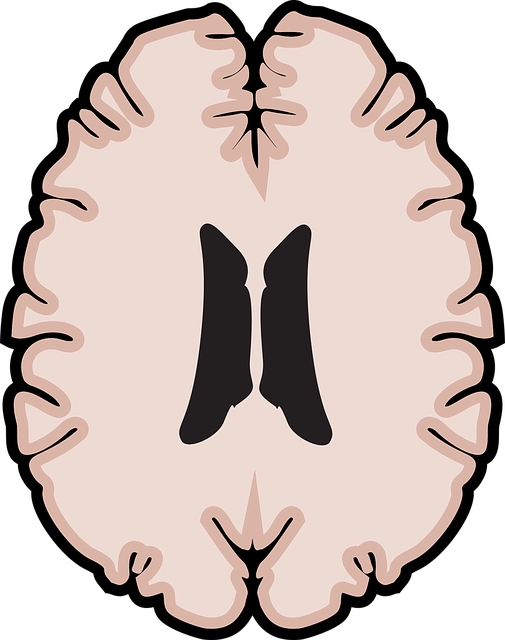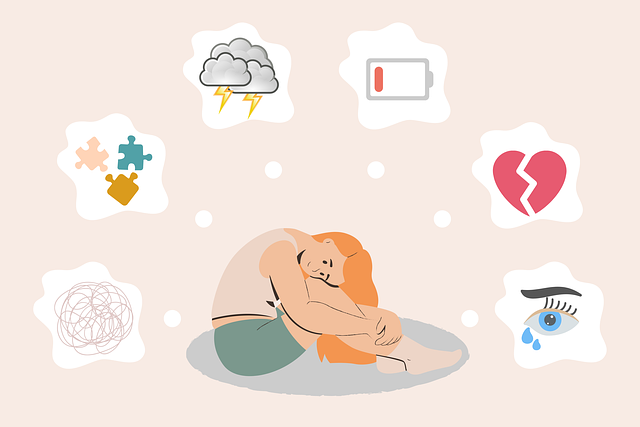Men in Littleton face unique mental health challenges due to societal expectations promoting stoicism, leading to issues like stress and anxiety. Littleton Mens Issues Therapy offers a safe space for self-care through mindfulness meditation, community outreach, and personalized therapy sessions. By breaking down self-care into manageable components—from morning meditations to journaling—men can reclaim their emotional well-being, challenge societal norms, and build resilience. This program's Community Outreach initiatives further promote mental health awareness, making it easier for Littleton men to access these transformative services.
In today’s fast-paced world, self-care is essential for maintaining mental health, yet men often face unique barriers and societal stigmas that prevent them from prioritizing their well-being. This article explores critical aspects of self-care for men’s mental health in Littleton, delving into the challenges they encounter and offering practical strategies to overcome these hurdles. We discuss the role of therapy in fostering healthier self-care practices among men, emphasizing the importance of addressing male-specific issues in a supportive environment.
- Understanding the Importance of Self-Care for Men's Mental Health
- Identifying Barriers and Overcoming Stigma: Challenges in Practicing Self-Care for Men
- Practical Strategies for Incorporating Daily Self-Care Routines
- The Role of Therapy in Enhancing Self-Care Practices for Men
Understanding the Importance of Self-Care for Men's Mental Health

Men often face unique challenges that can significantly impact their mental well-being, making self-care practices essential for maintaining a healthy mind. In a society that has traditionally promoted masculinity as stoic and unexpressive, men may struggle to recognize and address their emotional needs. The concept of self-care is not about indulgence but rather a proactive approach to managing stress, anxiety, and other mental health issues prevalent among men. Many men in Littleton face these challenges without seeking help, leading to potential long-term consequences.
Integrating practices like mindfulness meditation into daily routines can be transformative for male individuals. These techniques promote awareness and emotional regulation, offering an effective avenue for anxiety relief. Moreover, community outreach program implementations tailored to men’s issues can foster a supportive environment, encouraging open dialogue about mental health. By prioritizing self-care, men in Littleton Mens Issues Therapy can reclaim their emotional well-being and lead more fulfilling lives.
Identifying Barriers and Overcoming Stigma: Challenges in Practicing Self-Care for Men

For many men, discussing emotional well-being and engaging in self-care practices can be hindered by societal expectations and internalized stigmas. These barriers often stem from traditional gender roles that encourage men to suppress vulnerability and emotions, promoting a false sense of invincibility. Overcoming this stigma is crucial for men’s mental health, especially when considering that issues like anxiety, depression, and stress are not gender-specific.
Littleton Mens Issues Therapy plays a pivotal role in helping individuals navigate these challenges by providing safe spaces for expression and fostering the development of coping skills and inner strength based on Mind Over Matter principles. Through therapy, men can learn to recognize and address their emotional needs, challenging societal norms that discourage self-care. This process enables them to embrace vulnerability as a path to building resilience and overall well-being.
Practical Strategies for Incorporating Daily Self-Care Routines

Incorporating daily self-care routines can seem like a daunting task, but with practical strategies, it becomes an achievable goal for everyone, especially those seeking Littleton Mens Issues Therapy. Start by breaking down your self-care into manageable components. For instance, dedicate 15 minutes each morning to mindfulness exercises or meditation. This simple practice can significantly reduce stress and enhance mental clarity throughout the day. Incorporate regular physical activity, such as a brisk walk or light yoga, which are excellent for both physical and mental health.
Additionally, prioritize sleep by establishing a consistent sleep schedule. Ensure your bedroom is cool, dark, and quiet to create an optimal environment for rest. Effective communication strategies, often explored in Mental Wellness Coaching Programs Development, can also be integrated into self-care. Regularly connect with friends or family members who uplift you, providing an outlet for expression and support. Coping skills development plays a crucial role in maintaining mental wellness; consider journaling as a way to process thoughts and emotions. These practical steps, when incorporated into your daily routine, will contribute to overall well-being, making it easier to navigate life’s challenges with resilience.
The Role of Therapy in Enhancing Self-Care Practices for Men

For men looking to improve their self-care practices, therapy offers a safe and supportive space to explore and address unique challenges. Many societal norms and expectations can hinder open discussions about emotions, making it particularly beneficial for men to seek professional help. Littleton Mens Issues Therapy focuses on creating an environment where individuals can openly talk about their struggles, fostering better understanding of themselves and their needs.
Through individualized therapy sessions, men can work on various aspects of self-care, including stress management, emotional regulation, and building healthy relationships—all crucial elements for overall well-being. The Community Outreach Program Implementation initiatives aim to raise Mental Health Awareness, making it easier for men to access these services. By addressing underlying issues and improving self-esteem, therapy empowers men to make positive changes in their lives, ultimately leading to enhanced self-care practices.
Self-care is a powerful tool for men’s mental well-being, and by addressing barriers and challenging societal norms, individuals can take control of their health. The strategies outlined in this article, coupled with the support of Littleton Men’s Issues Therapy, offer a roadmap to enhancing self-awareness and incorporating sustainable self-care practices into daily routines. Remember, taking time for oneself is not a luxury but a necessity for overall well-being.













